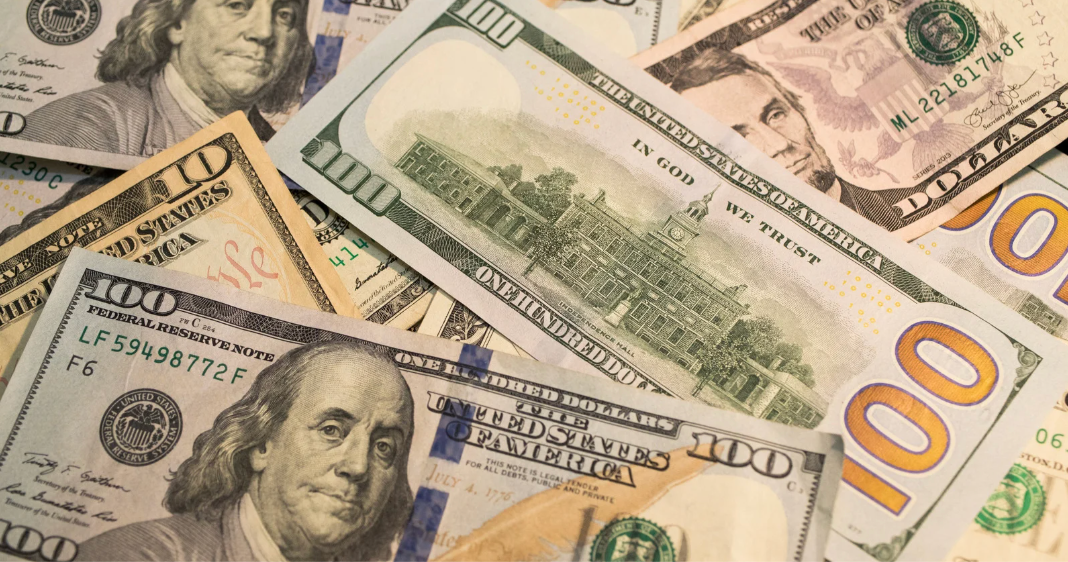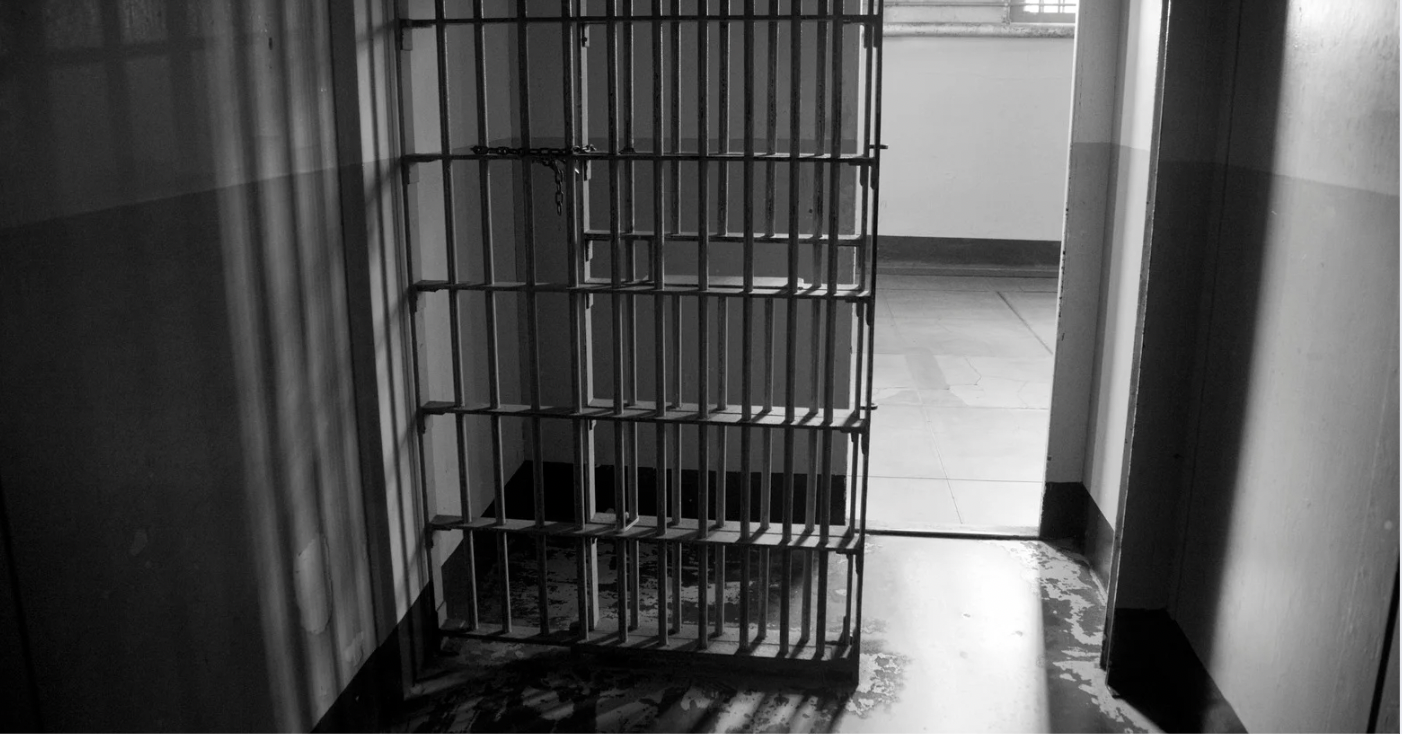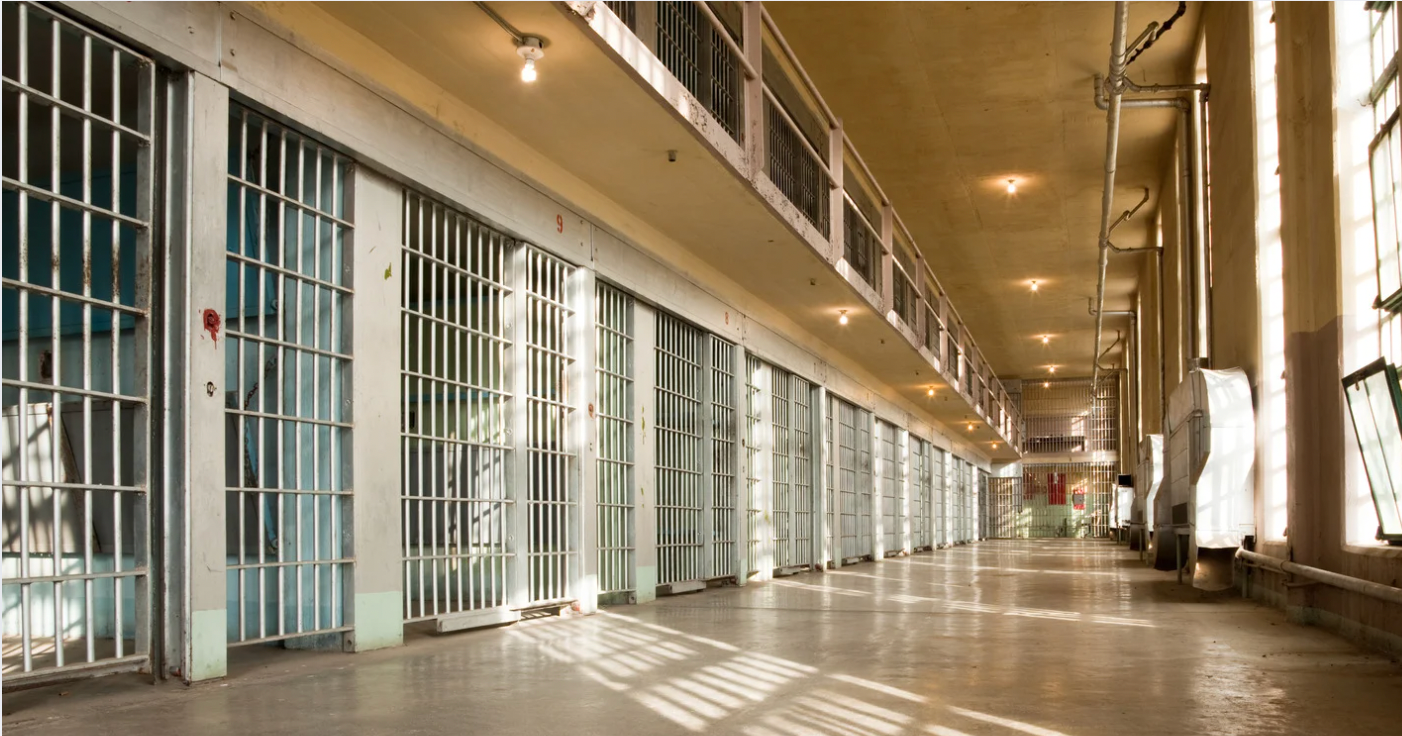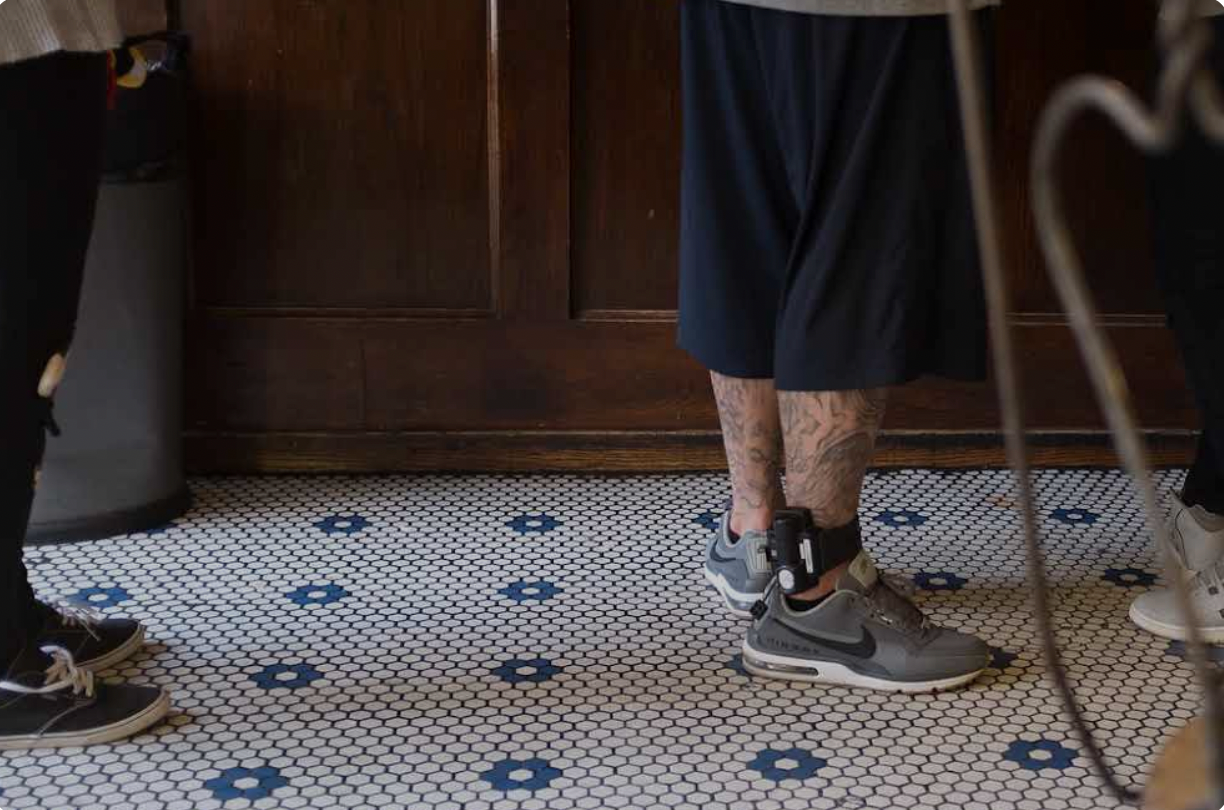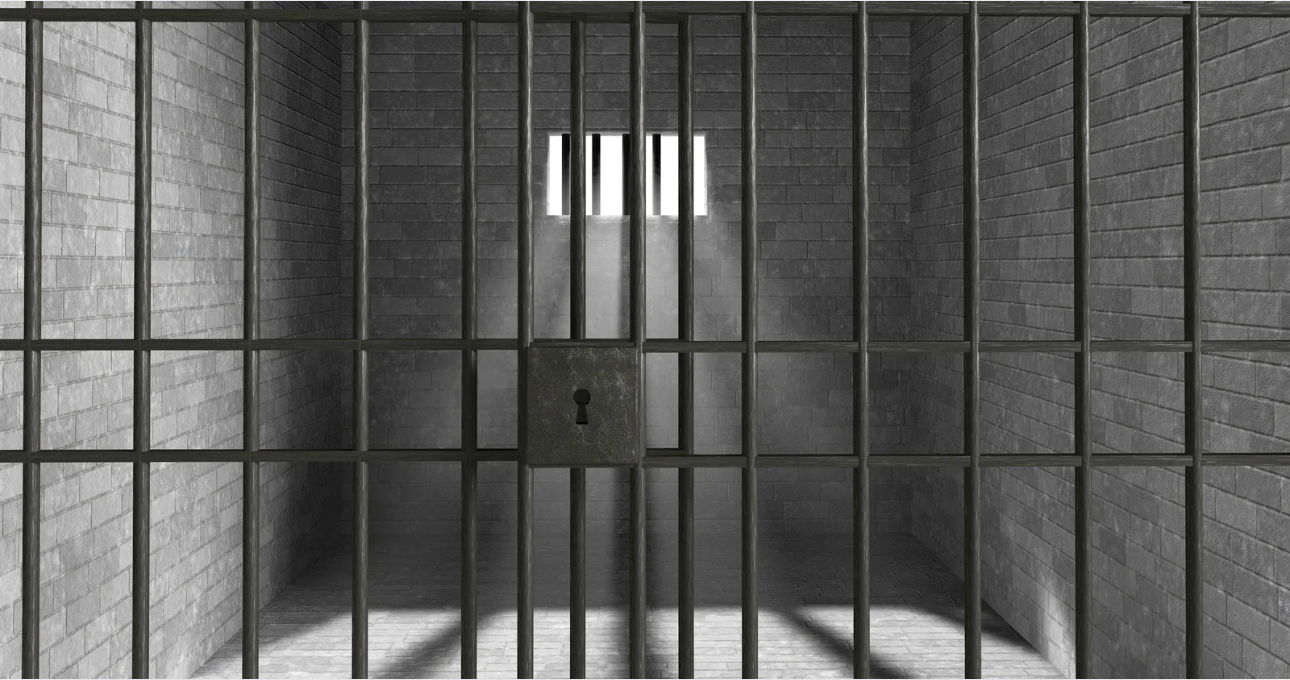How Are Bail Amounts Determined?
When someone is arrested, one of the first questions asked is: “How much is bail?” While every case is different, there are several key factors that courts consider when setting a bail amount.
What Influences the Bail Amount?
Bail is set during a hearing or based on a pre-established bail schedule, depending on the charge. The purpose of bail is to ensure the defendant returns to court without being held in jail until their trial. Some of the main factors judges consider include:
- The Severity of the Crime: More serious offenses like violent crimes or felonies often come with higher bail amounts.
- Flight Risk: If the defendant has a history of missing court or is considered likely to flee, bail may be set higher—or denied entirely.
- Criminal History: Previous arrests, convictions, or probation violations can affect the judge’s decision.
- Ties to the Community: If the person has stable employment, family nearby, or a long history in the area, bail may be lower.
- Public Safety Concerns: In some cases, judges may raise or deny bail if releasing the individual poses a threat to others.
Can Bail Be Reduced?
Yes, in some cases, a defense attorney can request a bail reduction based on the defendant’s circumstances, such as financial hardship or low risk of fleeing. Judges have the discretion to lower—or raise—bail depending on how the case progresses.
Affordable, 24/7 Bail Support
At Budget Bail Bonds, we know bail costs can be overwhelming. That’s why we offer flexible payment options and round-the-clock service to help you understand the process, post bail quickly, and ease the financial burden—day or night.

